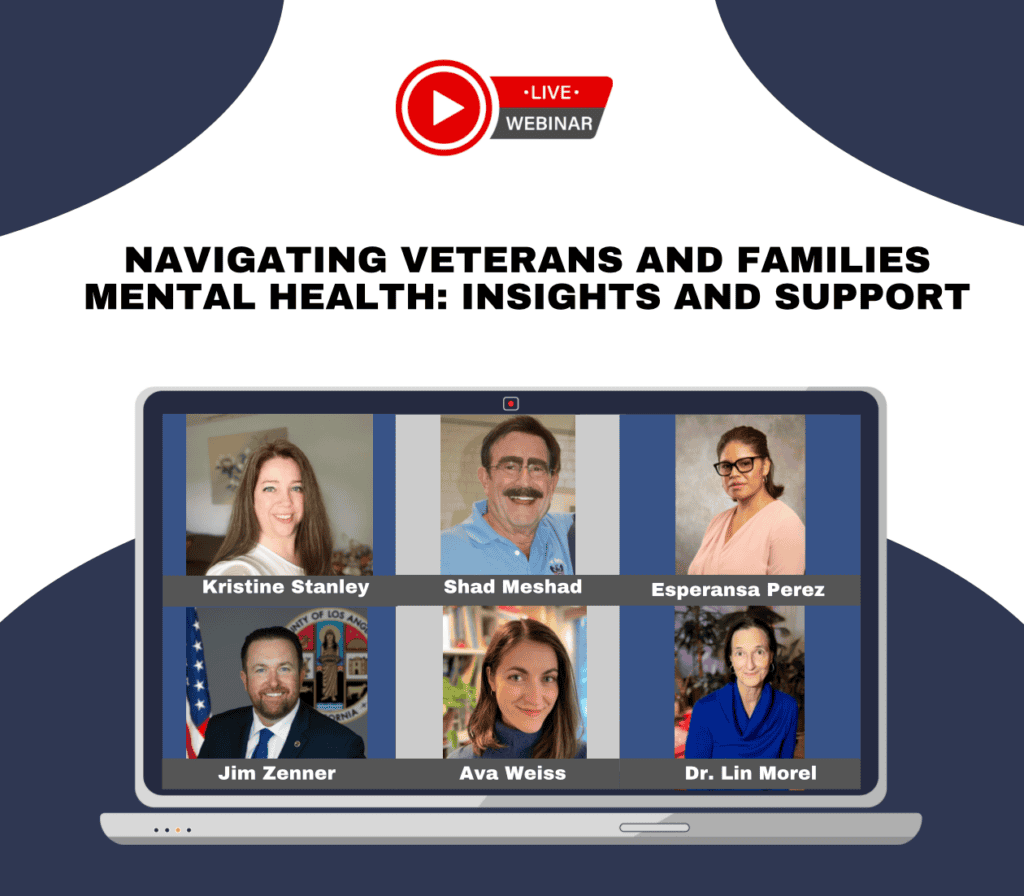The VA vs. Sergeant Major Jesse Acosta
Army Sergeant Major Jesse Acosta has received notification from the VA that his benefits for a caregiver are ending in 90 days, at the end of May. The letter he received from the VA states “he is no longer appropriate for the Program of Comprehensive Assistance for Family Caregivers.” They say they are pleased to inform him of this. According to the VA, even though Acosta, blinded by a mortar attack in Iraq, is still blind, they are excited (with an exclamation point to prove it) to let him know they have determined he’s “graduated,” and no longer needs a caregiver. Seriously?
Acosta served with distinction from 1975 until his retirement in 2010. In 2003 he joined the Individual Ready Reserve program until he was recalled to active duty in 2005. He deployed to Iraq in August. Everything changed on January 16, 2006 when he was struck by a mortar. His injuries included the loss of both eyes, injury to the frontal and temporal lobes of his brain, loss of part of his jaw and teeth, a back injury, a herniated calf muscle that won’t heal and loss of a kneecap so that one knee is bone on bone. He was not expected to survive when he arrived at the military hospital in Landstuhl, Germany.
But survive he did. Over the course of forty surgeries his jaw and eye sockets were reconstructed but his vision was lost forever. Today he’s a fine-looking man. In good shape, fit, his service dog by his side. You wouldn’t know looking at him that he’s been rated, in addition to his blindness, 0 percent disability from TBI.
Jesse Acosta returned to his employer after Iraq, but he needs some assistance to do his job. Likewise, at home he needs some help. That’s what the caregiver provides: help getting to medical appointments, managing medication refills, help with paperwork and shopping. The daily things that sighted people take for granted. His service dog helps both with mobility and with PTSD. But the caregiver fills an essential need. Whether or not the VA agrees.
When I spoke with Jesse, he told me, “When the VA representative called to tell us the caregiver benefit had been canceled, we were told verbally that ‘the VA does not consider blindness a disability’.” You can understand how the VA might look at him…he’s employed, he has a service dog…and think his blindness does not completely disable him. But how humane is it not to take into consideration the effects of PTSD and TBI? The VA has treated him for both and they have complete records. He can appeal his case, of course. But how long will that take? Based on a 2012 VA report, about two and a half years.
By the way, here are the eligibility criteria from the Caregivers and Veterans Omnibus Health Services Act,” Public Law 111-163:
Section 1720G (a) (2) ‘‘(2) “For purposes of this subsection, an eligible veteran is any individual who—
”(A) is a veteran or member of the Armed Forces undergoing medical discharge from the Armed Forces;
”(B) has a serious injury (including traumatic brain injury, psychological trauma, or other mental
disorder) incurred or aggravated in the line of duty in the active military, naval, or air service on or after September 11, 2001; and
”(C) is in need of personal care services because of—
”(i) an inability to perform one or more activities of daily living;
”(ii) a need for supervision or protection based on symptoms or residuals of neurological or other impairment or injury…”
The act was intended, among other things, to assist members of veterans’ families who have left careers to care for veterans with catastrophic disabilities. However, the Department of Veterans Affairs (VA) is failing to implement the law (Public Law 111-163) as Congress intended. Paralyzed Veterans of America testified on this point on March 11 before the House Committee on Veterans’ Affairs Subcommittee on Health. Carl Blake, Legislative Program Director for Paralyzed Veterans of America, said, “(VA) said the only way a caregiver will be eligible for this is if the veteran would have otherwise been institutionalized. Blake explained that such an interpretation would lower the number of families eligible for these benefits, such as monthly stipends and health-care benefits through the Civilian Health and Medical Program of the Department of Veterans Affairs (CHAMPVA), to about 840. According to Blake that number is less than 25 percent of what Congress intended.
An article in the Illinois Statesman on Feb. 23, 2016 states that about 7,000 veterans who were receiving caregiver benefits are no longer getting them. “About a third were cut because VA staff members determined that they did not meet medical criteria for the support.” The program, passed into law in 2010, was never intended to be a permanent benefit. Only last year did the VA publish an official rule on how the program should be run. Stipends were to be provided to families as long as the veteran’s health met certain criteria. If the situation improved, the VA might remove patients from the financial part of the program.
Based on his experience, Jesse says, “I have never been VA friendly, and because I question and challenge the VA process, I truly believe I have been targeted in having this benefit canceled.” He was also quick to say he’s not the only one receiving this kind of treatment by the VA, and he launched into a story about another vet in the LA area whose VA care came from…are you ready? VA facilities in Long Beach, West Los Angeles, San Diego, Loma Linda, East Los Angeles and downtown LA. This is Southern California. That’s miles and miles of driving, not to mention hours of car time because of traffic, and then the expense on top of that. It’s no wonder that so many vets suffering from PTSD and TBI also have anger management problems. I can’t help but think the run-around treatment, some of it looking like harassment, that these vets experience from the VA is a factor in the number of veteran suicides. 22 a day. Still.
Sergeant Major Acosta served with distinction in the U.S. Army from 1975 until 2010. Among his many awards are The Legion of Merit, The Bronze Star, The Purple Heart, the Meritorious Service Medal and six Army Commendation Medals.
What’s it going to take to get any reform in this mega-bureaucracy? The VA’s budget for fiscal year 2016 is $163 billion. The proposed 2017 budget includes an increase for VA funding. Maybe money isn’t the problem. Maybe it’s the structure of the VA, how large and unwieldy it is. Maybe it’s the entrenched culture of no accountability. I’ll grant that changes are being made. But how do we explain to the Jesse Acostas who served this country that it’s just too much trouble to take their cases individually? That in order to get through the number of cases, there’s more investment in blocking treatment than in authorizing it? Because that’s how it looks to me.
At the National Veterans Foundation, all of us wish that Acosta’s case was out of the ordinary. Unfortunately, it’s not. If you know a vet who needs help, here’s our LifeLine for Vets: 888.777.4443. It’s vet-to-vet, the only one of its kind.
You can be a part of our mission to help Veterans by making a tax-deductible donation!
About the Author
SUBSCRIBE TO OUR BLOG AND NEWS!
By submitting this form, you are granting: NATIONAL VETERANS FOUNDATION INC permission to email you. You may unsubscribe via the link found at the bottom of every email. (See our Email Privacy Policy for details.)
Related Posts





